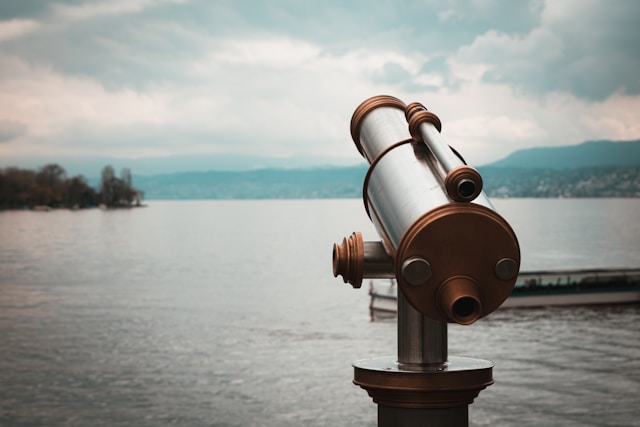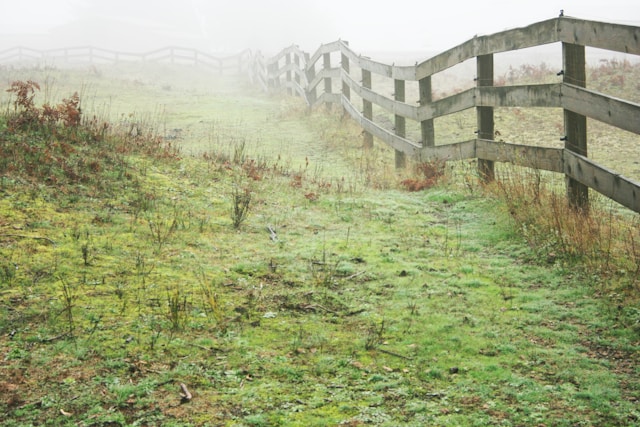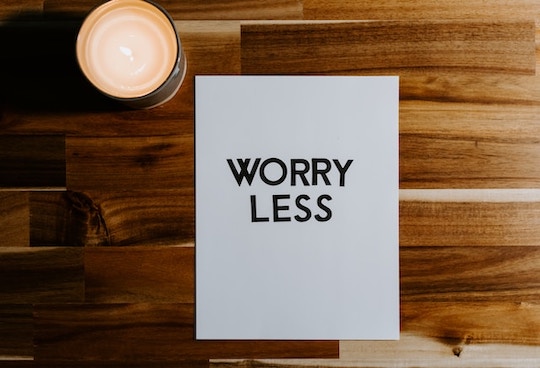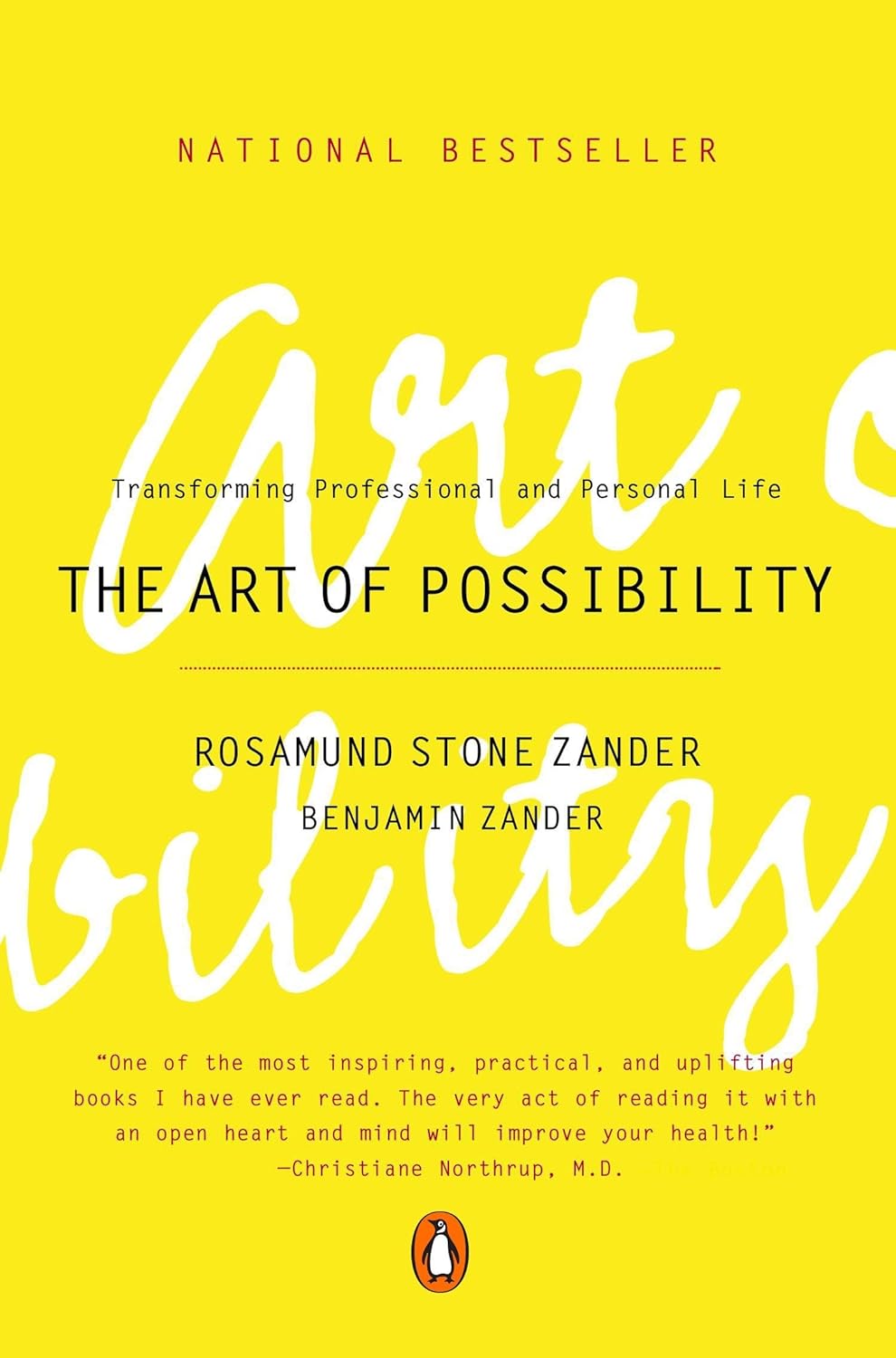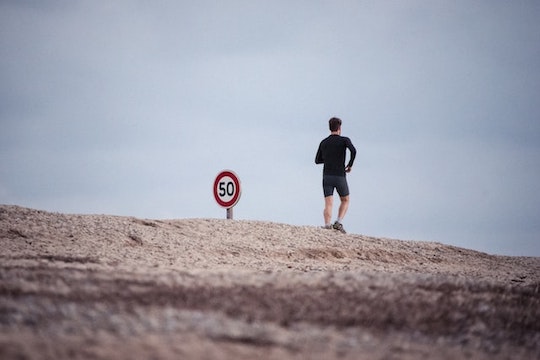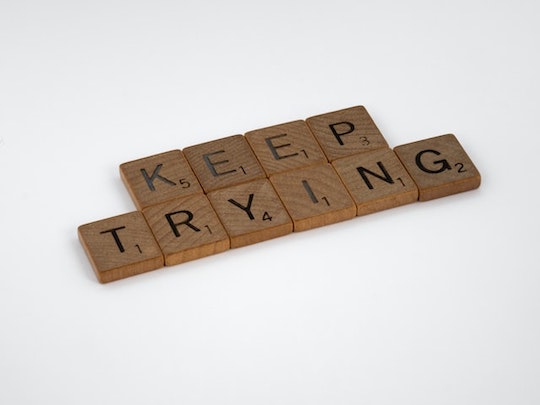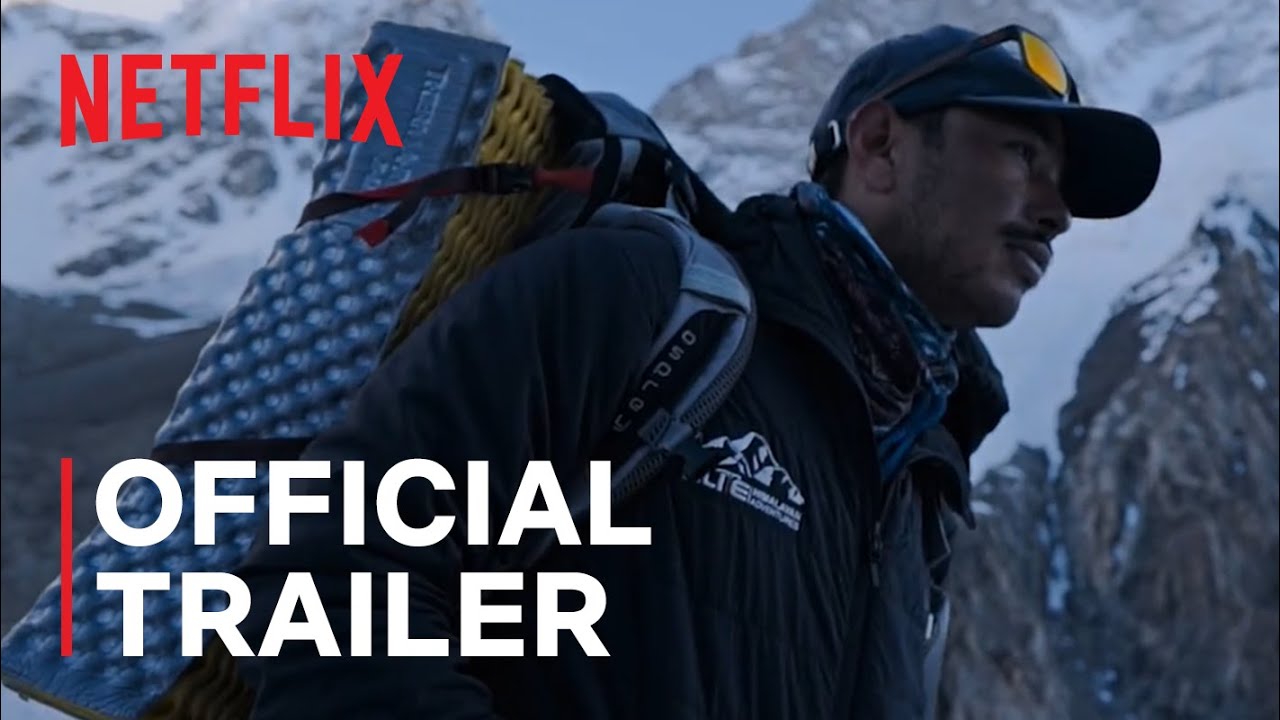“Fix your eyes forward on what you can do, not back on what you cannot change.”
—Tom Clancy, American author and screenwriter
Today’s quote reminds us to channel our energy into the present and future rather than dwelling on past mistakes or circumstances beyond our control.
By focusing on actionable steps and opportunities ahead, we empower ourselves to grow, adapt, and succeed.
Letting go of regret and frustration frees mental space for creativity and resilience.
In life’s journey, progress comes from forward momentum — embracing what’s possible today instead of being anchored by yesterday’s limitations.
EXERCISE:
How does dwelling on the past affect your present and future?
What are some practical everyday ways to fix your eyes forward to create a future filled with more realized possibilities?

